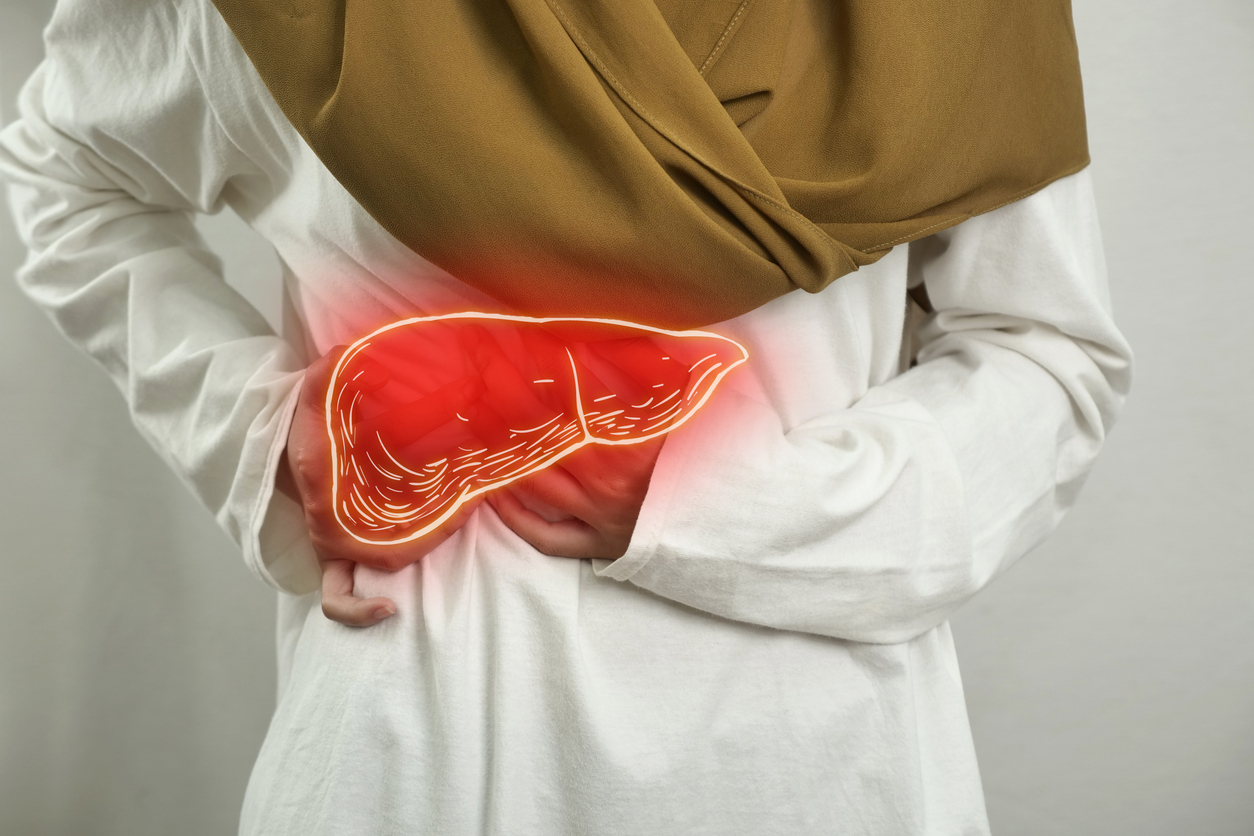2025-11-19
Can physical exercise improve quality of life in patients with metastatic castration-resistant prostate cancer?
Oncology
By Lila Rouland | Published on November 19, 2025 | 3 min read
Metastatic castration-resistant prostate cancer (mCRPC) represents an advanced stage of the disease, commonly treated with androgen deprivation therapy (ADT). Although this strategy improves survival, it often leads to a deterioration in quality of life (QoL), with side effects such as fatigue, cognitive impairment, bone pain, and urinary or sexual dysfunction. These physical symptoms are compounded by the psychological burden of living with a chronic, incurable condition.
Previous studies have shown that physical exercise may benefit patients with prostate cancer, yet evidence remains scarce in the specific mCRPC population. The objective of the CHAMP pilot study was to assess the impact of a remotely supervised aerobic or resistance exercise program on patient-reported quality of life.
The CHAMP study included 25 men with metastatic castration-resistant prostate cancer, with a mean age of 71 years. Participants were randomly assigned to three groups: aerobic exercise (n=8), resistance exercise (n=7), or control (n=10). The 12-week program included three home-based sessions per week, remotely monitored using heart rate trackers and weekly check-ins. The main objectives were to determine feasibility, tolerability, and potential effects on QoL.
Quality of life was assessed using validated tools (QLQ-C30, EPIC-26, EQ-5D-5L, FACIT-F, PSQI, STAI, CES-D), capturing functional, symptomatic, emotional, sexual, and social dimensions. Despite treatment burden, baseline QoL scores were high, except for fatigue and sleep quality, suggesting a selection bias favoring patients with better overall well-being.
The exercise interventions were well tolerated, with no major adverse events and excellent adherence. However, the observed benefits were modest and varied depending on exercise modality :
No significant between-group differences were identified, largely due to the small sample size. The authors also highlighted that the extensive questionnaire burden may have reduced the precision of responses, and that a 12-week intervention may be too short to capture measurable changes in complex outcomes such as QoL.
mCRPC is associated with numerous quality-of-life challenges, often exacerbated by long-term ADT. This study sought to explore whether remotely supervised physical activity—either resistance-based or aerobic—could improve patient experiences.
The findings, while encouraging for specific domains such as sleep, urinary function, and social well-being, showed no significant overall improvement. This is likely explained by the short intervention duration, the small study population, and the unexpectedly high baseline QoL scores.
For future research, the authors recommend :
The ongoing INTERVAL trial (NCT04507698) aims to address these limitations with a larger cohort and longer follow-up.
About the author – Lila Rouland
With dual expertise in science and marketing, Lila brings her knowledge to the service of healthcare innovation. After five years in international academic research, she transitioned into medical and scientific communication within the pharmaceutical industry. Now working as a medical writer and content developer, she is committed to highlighting scientific knowledge and conveying it to healthcare professionals with clarity and relevance.
Metastatic castration-resistant prostate cancer (mCRPC) represents an advanced stage of the disease, commonly treated with androgen deprivation therapy (ADT). Although this strategy improves survival, it often leads to a deterioration in quality of life (QoL), with side effects such as fatigue, cognitive impairment, bone pain, and urinary or sexual dysfunction. These physical symptoms are compounded by the psychological burden of living with a chronic, incurable condition.
Previous studies have shown that physical exercise may benefit patients with prostate cancer, yet evidence remains scarce in the specific mCRPC population. The objective of the CHAMP pilot study was to assess the impact of a remotely supervised aerobic or resistance exercise program on patient-reported quality of life.
Physical exercise in mCRPC: feasible, well tolerated, but what is the real impact on quality of life?
The CHAMP study included 25 men with metastatic castration-resistant prostate cancer, with a mean age of 71 years. Participants were randomly assigned to three groups: aerobic exercise (n=8), resistance exercise (n=7), or control (n=10). The 12-week program included three home-based sessions per week, remotely monitored using heart rate trackers and weekly check-ins. The main objectives were to determine feasibility, tolerability, and potential effects on QoL.
Quality of life was assessed using validated tools (QLQ-C30, EPIC-26, EQ-5D-5L, FACIT-F, PSQI, STAI, CES-D), capturing functional, symptomatic, emotional, sexual, and social dimensions. Despite treatment burden, baseline QoL scores were high, except for fatigue and sleep quality, suggesting a selection bias favoring patients with better overall well-being.
The exercise interventions were well tolerated, with no major adverse events and excellent adherence. However, the observed benefits were modest and varied depending on exercise modality :
- Resistance training led to a meaningful improvement in urinary symptoms (+11.2 EPIC-26 points) and stabilized social functioning.
- Aerobic exercise resulted in better sleep (lower PSQI scores) and improved emotional well-being, but was associated with worsening irritative urinary symptoms (−8.8 EPIC-26 points) and a decline in self-rated QoL (−5.0 EQ-5D VAS).
- The control group remained largely stable, confirming the absence of a substantial placebo effect.
No significant between-group differences were identified, largely due to the small sample size. The authors also highlighted that the extensive questionnaire burden may have reduced the precision of responses, and that a 12-week intervention may be too short to capture measurable changes in complex outcomes such as QoL.
Is physical exercise relevant for patients with mCRPC?
mCRPC is associated with numerous quality-of-life challenges, often exacerbated by long-term ADT. This study sought to explore whether remotely supervised physical activity—either resistance-based or aerobic—could improve patient experiences.
The findings, while encouraging for specific domains such as sleep, urinary function, and social well-being, showed no significant overall improvement. This is likely explained by the short intervention duration, the small study population, and the unexpectedly high baseline QoL scores.
For future research, the authors recommend :
- targeting patients with lower baseline QoL,
- extending intervention duration beyond 12 weeks,
- reducing questionnaire burden,
- and including more diverse populations, particularly African American patients, who remain underrepresented in clinical trials.
The ongoing INTERVAL trial (NCT04507698) aims to address these limitations with a larger cohort and longer follow-up.
Read next: Treatment of prostate cancer with GnRH agonists: what is the real impact on quality of life?
About the author – Lila Rouland
Doctor of Oncology, specialized in Biotechnology and Management

Last press reviews
Liver, sugar, and pills: who's in control?

By Ana Espino | Published on February 4, 2026 | 3 min read<br>
Endometrial cancer: Is PARP bringing new hope?

By Ana Espino | Published on February 3, 2026 | 3 min read<br>
